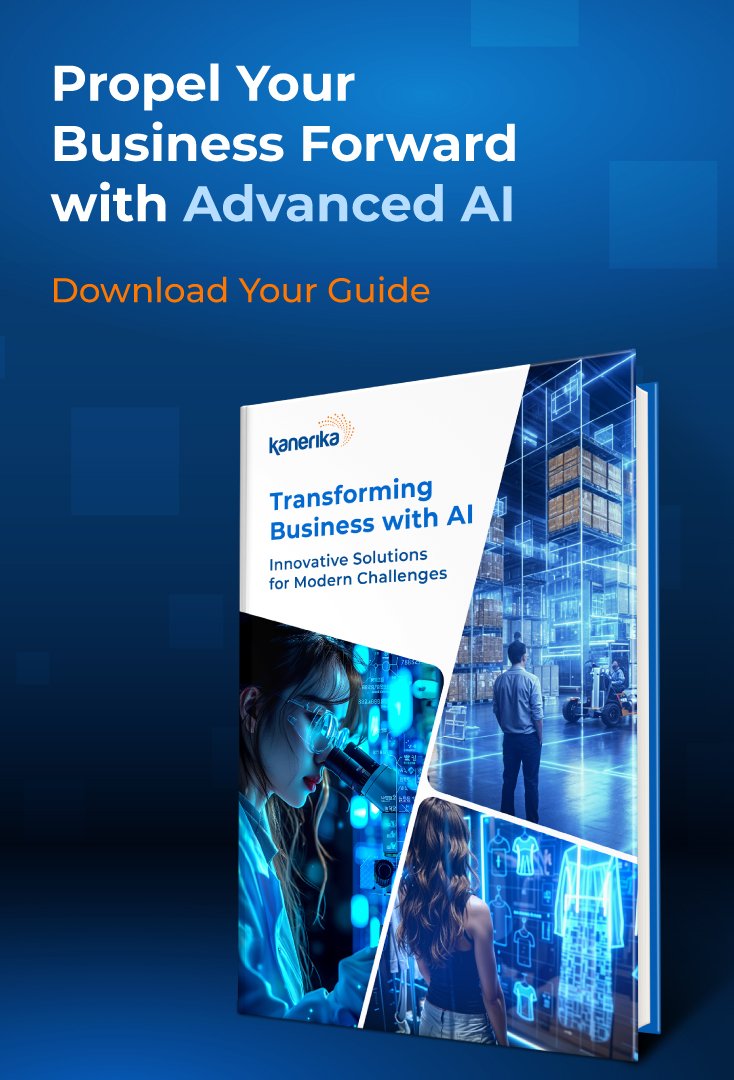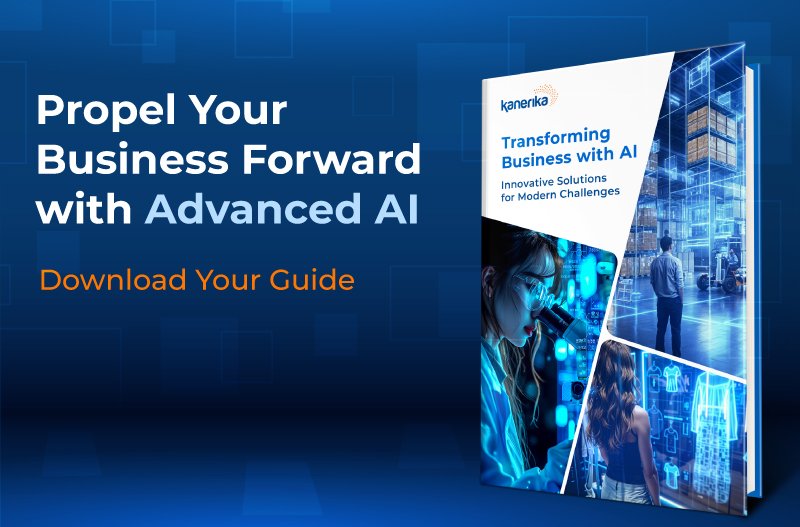Generative AI
What is Generative AI?
Generative AI is a revolutionary technology that is changing how people think about creation and solve problems in many areas. This kind of AI is used to make new material, and it has become an essential part of the modern day, impacting many areas.
Generative AI is a technology that learns from many creative works and encourages a new era of innovation by generating human-like art, text, and music. This technology can understand and replicate intricate patterns to produce highly creative and original output, a fundamental tool for achieving progress and transforming traditional means of creating things.
How Generative AI works?
Generative artificial intelligence (AI) is a broad term for a group of technologies that let computers create new objects, sounds, or words. The contemporary code inside Generative AI makes them unique.
GANs, short for Generative Adversarial Networks, utilize an adversarial process where the generative network creates output, and discriminative networks evaluate the output. This process continues iteratively to produce finer results. They work in tandem to improve quality and realism.
Offering substantially better language processing capabilities, transformer models can interpret and understand data patterns, providing coherent and contextual relevance of results. That technology is at the core of creating the most dynamic and flexible potential for Generative AI to break into traditional, more rigid creative spaces.
It is artificial intelligence that learns and produces new data with patterns and structures. It trains its model on large datasets using deep learning and neural networks. After being exposed to many example samples, the models iterate their self-adjustments for improvements.
Applications of Generative AI
Generative AI uses algorithms to create new material, such as videos, images, text, and songs. This technology can be used in many fields, showing its adaptability and creativity. With this feature, artists and designers can try new kinds of art. It improves output in movies, video games, and ads by making it easier to create realistic graphics and soundtracks.
Natural language processing (NLP) also depends on this technology, which makes it possible to create advanced chatbots and virtual helpers. These tools, which AI powers, change customer service and support by making conversations more interactive and tailored to each person.
It helps find new drugs and make custom medicines by analyzing huge amounts of data to guess how molecules behave and how well a patient responds to treatment. This could speed up research and development, leading to better and faster healthcare options.
It also helps automate boring chores like data entry and analysis, freeing people to do more creative and complex work. Because it can learn and change, it is a valuable tool for improving efficiency and creativity in many professional areas.
Read More – Best Generative AI Tools For Businesses in 2024
Benefits and Challenges
Generative AI can potentially revolutionize industries by enabling them to solve problems creatively and innovatively. Its ability to analyze and synthesize vast amounts of information at high speeds provides significant advantages in efficiency and effectiveness when developing solutions for complex problems.
Conversely, the emergence of Generative AI comes with some challenges. Major general concerns fall under ethical authenticity, copyright, and potential misuse. The technology has biases to copy the training data underneath, so necessary precautions and management have to be taken.
The delicate balance would be between leveraging the capabilities of Generative AI and maintaining human oversight, with ethical standards remaining critical discourse.
Future of Generative AI
The future trajectory of Generative AI promises a landscape where its integration and influence extend across all sectors of society and the economy. The efficiency of the algorithms, along with the data processing, is likely to increase, which relates to this ethical governance to enhance effectiveness and applicability.
It will lead to further innovation, and the industry might witness the evolution of new, more advanced, and sophisticated applications that would result in changing industry practices—from healthcare to entertainment and far beyond. The debate, standing on the precipice of these game-changing shifts, guides the beneficial and responsible development of Generative AI and is still of extreme consequence.
Conclusion
Generative AI is a significant technological advancement that showcases artificial intelligence’s potential to transform creativity, innovation, and industry. Generating unique content has expanded the horizons of creativity and introduced new concerns and obstacles to its implementation and regulation.
It is a rapidly changing technology that could have big effects on how we live, work, and make things. According to many experts, it will change many parts of our lives. With this, you can explore and find new things, which opens up a world of options and change.





